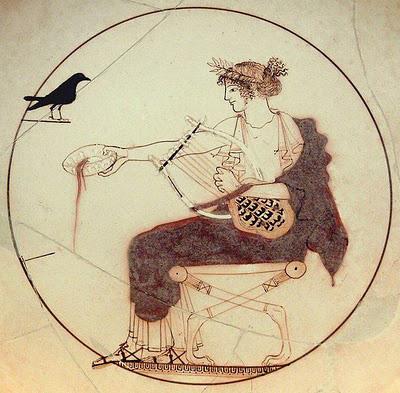The Majors in Classical Languages (Classics, Greek and Latin)

The Greek and Latin majors consist of eight semester courses, of which seven must be in the ancient languages. The eighth may be a classical civilization course, PHIL 217, or a course in some related field approved in advance by the department. For the Classics major, courses in Greek and Latin may be combined in any proportion, as long as no fewer than two semester courses are taken in either. Two classical civilization courses—one Greek and one Roman—are required rather than one.
The statement of requisites given in the course descriptions is intended only to indicate the degree of preparation necessary for each course, and exceptions will be made in special cases. For students beginning the study of Greek the following sequences of courses are normal: 111, 212, 215 or 217, 318; or 111, 215 or 217, 212 or 318.
The Major in Classical Civilization
The major in classical civilization consists of eight courses:
Four language courses, all in the same language (either Greek or Latin); one 400-level course or an alternative course that serves as a capstone experience (see below). Latin 202 through 316 will normally be introductory to higher courses in Latin, and Greek 212 through 318 will serve the same function in Greek. Language courses numbered 111 will count toward the major.
Four classical civilization courses, at least one of which must focus primarily on the civilization of the language courses (e.g., Roman History, Roman Civilization, or a similar course if the language is Latin; Greek History, Greek Civilization, or a similar course if the language is Greek). A 400-level course can also fulfill the capstone experience (see above).
It is also possible, in lieu of one Classical Civilization course, to take an additional course in either ancient Greek or Latin (e.g., four Greek or Latin and one Latin or Greek combined with three Classical Civilization courses, or five Greek or Latin combined with three Classical Civilization courses). Students who wish to take additional language courses in the second language are encouraged to consider the major in Classics.
Related courses designated in the catalog or those cross-listed with classics and taught in another department will count towards the classical civilization course requirement (e.g., PHIL 217, EUST 121, or other courses related to classical civilization and its reception). Consult your advisor to discuss possibilities.
Capstone Experience
Students in all four department majors complete the Capstone Experience in their final year of study. It provides students an opportunity to reflect on their academic trajectory at Amherst in conjunction with faculty and fellow students in Classics. At the annual capstone reception, in the spring of the senior year, students can elect to give either individual presentations or a group presentation about their coursework in the major and their intellectual development while at Amherst. The Capstone Experience is intended to foster intellectual self-reflection as well as collegiality and community among students and faculty. Students graduating in December are normally invited to participate in the capstone reception in the spring prior to their graduation.
Pass/Fail Option
Students should not take more than one course for credit for any of the department’s majors using the P/F option. More than one course taken P/F will require departmental approval and will only be considered under exceptional circumstances.